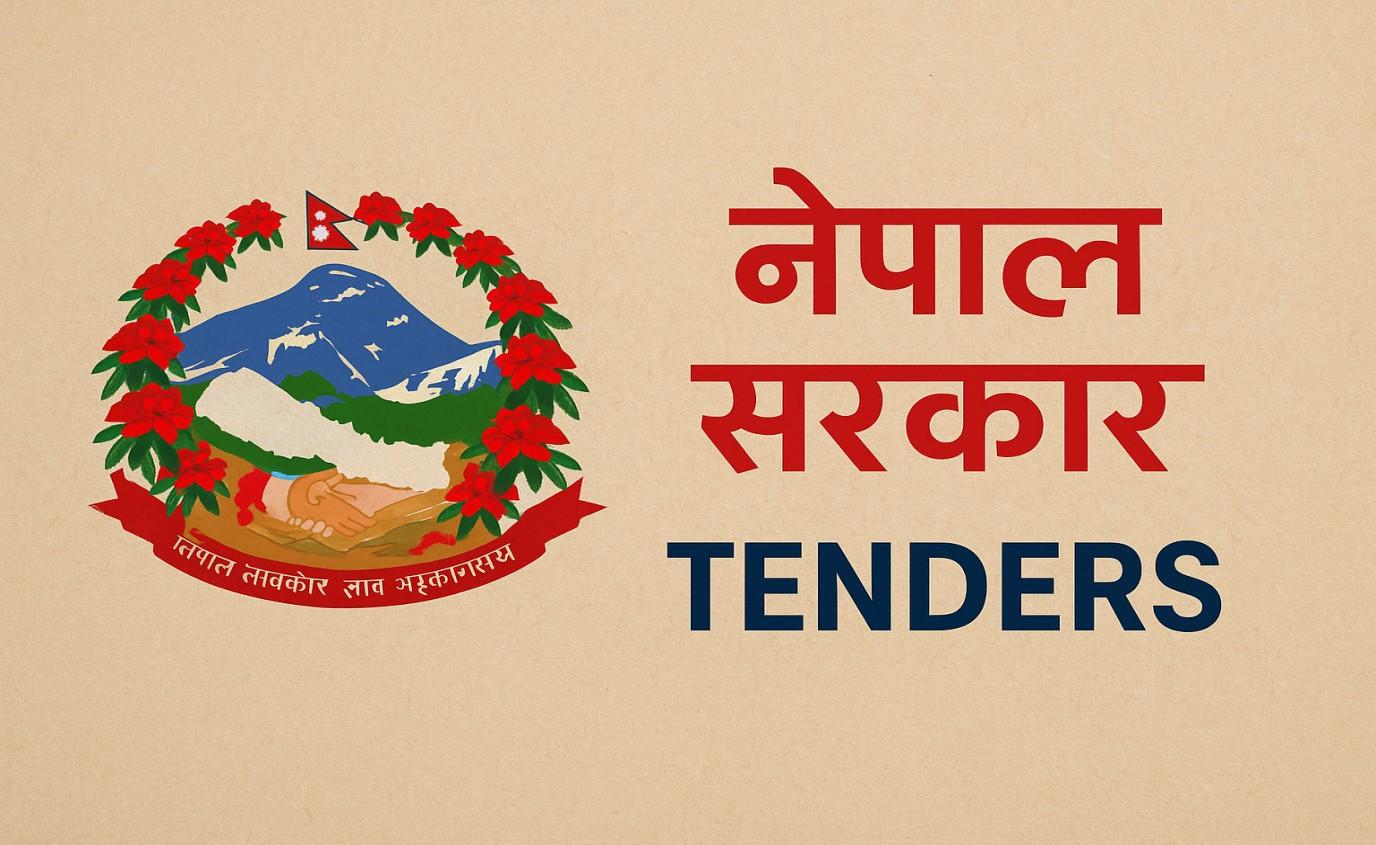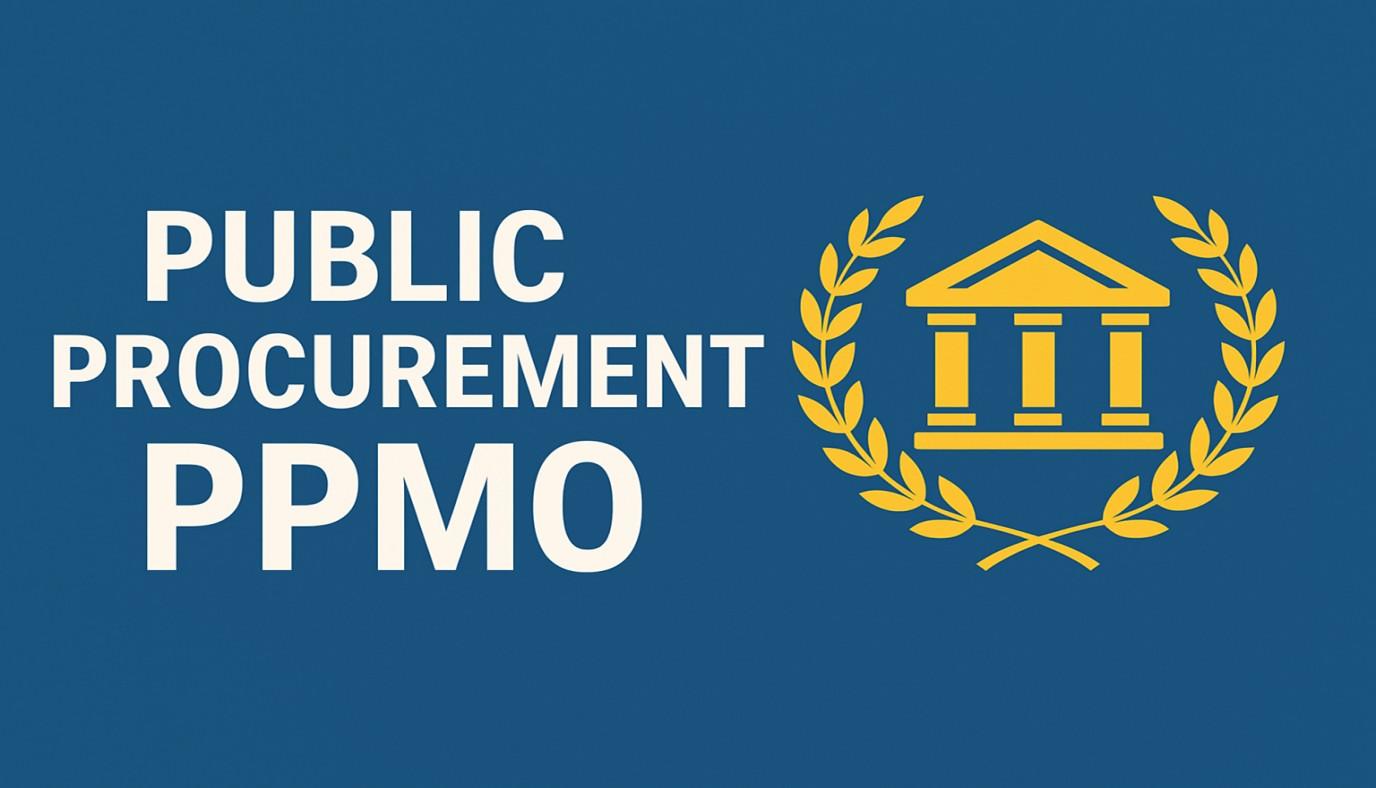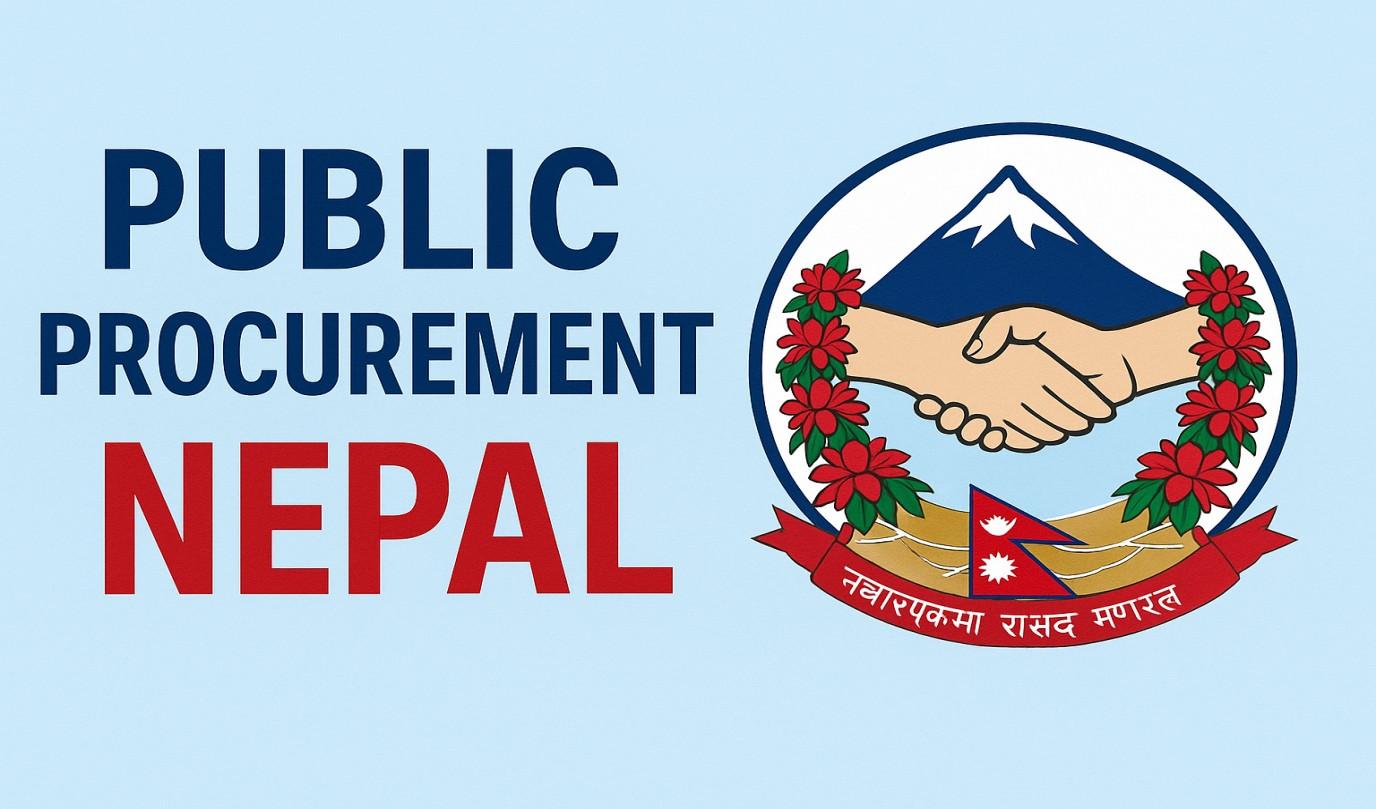Latest Nepal Government Tenders
Nepal, a country undergoing rapid development, has increasingly become a hub of procurement activities funded both domestically and by international development agencies. With rising investments in infrastructure, health, education, renewable energy, ICT, and transportation, the public procurement landscape in Nepal has opened doors to numerous business opportunities. Whether you’re a local contractor, supplier, or an international bidder, navigating the Nepal government tenders and winning bids requires a strategic approach.
In this article, Bid Detail explores the essentials of engaging with the Nepalese public procurement system and outlines practical strategies to ensure success when bidding for tenders in Nepal
Understanding the Nepalese Procurement Landscape
The public procurement process in Nepal is overseen by Public Procurement Monitoring Office (PPMO), under the Ministry of Finance. All government entities and public institutions follow the Public Procurement Act, 2063 (2007), and related regulations to ensure transparency, competitiveness, and fairness in awarding government contracts.
The majority of tenders are published through online platforms like:
e-GP (Electronic Government Procurement System)
Official websites of ministries and departments
Local newspapers and procurement portals like Bid Detail

Tenders in Nepal cover a wide range of sectors including construction, consultancy, ICT, power transmission, road and highway projects, water supply, agriculture, environmental services, and more.
Key Categories of Tenders in Nepal
To successfully navigate tendering in Nepal, it’s essential to understand the types of tenders issued:
Online Tender Notice Nepal: Notices published on e-GP for bidding via electronic submission.
Government Tenders: Published by ministries, departments, and public sector undertakings.
Private Tenders: Issued by large enterprises or NGOs for internal procurement.
e-Tender Nepal: A fully digitized tender process ensuring transparency and ease of access.
International Projects & Contract Awards: Often funded by ADB, World Bank, JICA, UNDP, etc., allowing international bidders to participate.
Essential Procurement Terminology
While exploring opportunities, bidders frequently come across terms like:
RFQ (Request for Quotation) / RFP (Request for Proposal): Used for inviting proposals or quotations from suppliers.
CPV Codes (Common Procurement Vocabulary): Standardized classification to identify the type of goods or services being procured.
Published Bids Opportunities: Tenders that are already open for submission.
Bid Submission & Tender Status: Indicates deadlines and current evaluation status of a tender.
Staying updated with these terminologies ensures clear understanding of requirements and improves response accuracy.

1. Identify the Right Opportunities Early
Success in tendering starts with timely identification of relevant opportunities. Use trusted platforms like Bid Detail to receive daily alerts on:
Latest Nepal Tenders
Online Tender Notice Nepal
International Bidding Opportunities
Contract Awards and Upcoming Projects
Early access allows sufficient time for internal planning, document preparation, and consortium building if needed.
2. Understand the Scope and Requirements
Carefully study the tender document, including eligibility criteria, scope of work, technical specifications, financial requirements, and submission process. Pay attention to:
Pre-bid meetings or site visits
Required certifications and licenses
Performance security or bid bond requirements
Submission format (technical and financial bids)
Never underestimate the importance of compliance. Even minor non-conformities may lead to disqualification.
3. Leverage CPV Codes for Smart Search
Utilize CPV codes (Common Procurement Vocabulary) to narrow down and identify tenders specific to your business domain. Whether it’s civil construction (CPV: 45000000), software services (CPV: 72200000), or environmental consultancy (CPV: 90700000), this classification system helps vendors find relevant tenders faster and more accurately.
4. Maintain Comprehensive Documentation
Preparation of a strong bid package is key. This includes:
Company registration certificates
Tax clearance documents
Work experience and past project reports
Financial statements
Technical proposal with methodology
BOQ (Bill of Quantities) and pricing details
Ensure that documents are updated, verified, and clearly presented. Digital signatures and certified translations may be needed for international bidders.
5. Monitor Tender Status and Follow Up
After submission, keep track of the tender status on the e-GP platform or via updates from Bid Detail. Important post-submission events include:
Bid opening results
Evaluation reports
Award notifications
Request for clarifications
In case of a non-award, seek feedback to understand evaluation outcomes and prepare better for future bids.
6. Participate in International Development Projects
Many international projects in Nepal are funded by ADB, World Bank, UN, or bilateral agencies. These tenders typically follow globally recognized procurement frameworks and allow joint ventures or consortia between local and foreign companies.
Bid Detail provides access to these international procurement notices and contract award data, helping businesses tap into large-scale, high-value tenders.
7. Local Partnerships and Compliance
Foreign companies should consider forming partnerships with local firms to meet residency or experience requirements. Additionally, understand the local legal and tax environment, labor regulations, and import policies to ensure full compliance.

Challenges in Nepal Tendering & How to Overcome Them
Challenge Mitigation Strategy
Limited access to accurate tender info
Complex documentation & regulations
Language barriers
Short timelines for submission
Technical bid evaluations
Why Choose Bid Detail?
Subscribe to verified platforms like Bid Detail
Hire local consultants or bid advisors
Seek translations or use bilingual bid teams
Monitor new tender notices daily and prepare templates in advance
Focus on quality presentation and compliance
At Bid Detail, we simplify your search for Nepal tenders by offering:
Daily updates of tender notices
Detailed procurement data
Categorized listings by CPV codes, sector, region, and source
Access to international and private sector opportunities
Alerts for RFQs, RFPs, contract awards, and bid submissions
With our robust eProcurement insights and tailored bid support, we help clients win more contracts with less effort.
Final Thoughts
Navigating Nepal’s government tenders is a rewarding endeavor, offering ample growth for both local and international businesses. The key lies in understanding the procurement framework, maintaining compliance, preparing strong bid proposals, and leveraging reliable resources. Let Bid Detail be your trusted partner in exploring and winning tenders in Nepal. From real-time tender alerts to comprehensive contract award data and bid support, we’re here to power your procurement journey.
